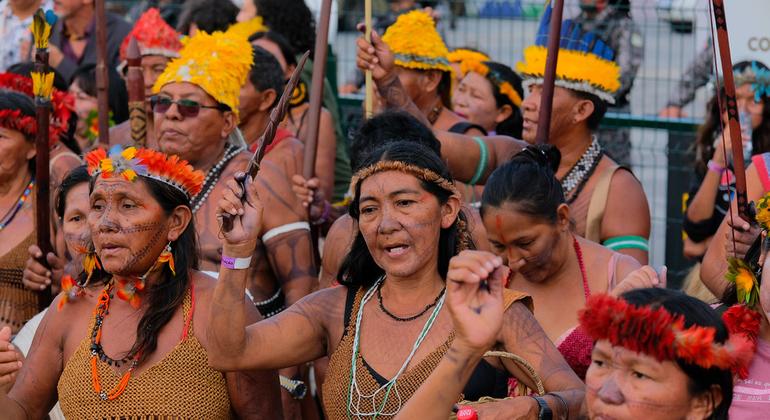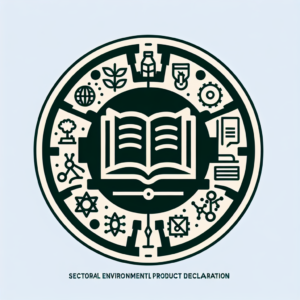On Friday morning, approximately 90 indigenous Munduruku people staged a peaceful protest that blocked the main entrance for negotiators and other accredited participants at the 30th United Nations Conference on Climate Change, taking place in Belém, Brazil. The blockade lasted for about an hour, leading to the army being called in to ensure the event’s security.
The Munduruku, a group mainly residing in the Amazon and in three Brazilian states—Amazonas, Mato Grosso, and Pará—protested against government projects endangering their communities in the Tapajós and Xingu river basins. During the protest, they demanded an end to extractive activities on their territories.
Ana Toni, executive director of COP30, explained that the protesters’ demands are related to national policy decisions. She highlighted that the organization had invited the indigenous people to engage in dialogue with the Minister of Indigenous Affairs, Sônia Guajajara, and the Minister of Environment and Climate Change, Marina Silva. Toni emphasized the legitimacy of the protests and the government’s commitment to listen to the protesters, mentioning that the conference already has over 900 accredited indigenous people, a significant increase from the 300 in the previous edition in Baku, Azerbaijan.
Amanda, a young indigenous person from the Pankará community, stated that COP30 represents an important platform to raise awareness about the rights and concerns of indigenous peoples regarding biome sustainability. Although she feels positive about the increased indigenous participation, she believes that the presence of their communities in decision-making spaces could still be improved. “We demand the right to land, the right to life,” emphasized Amanda.
During a previous meeting, many indigenous leaders indicated that this conference is the most inclusive they have attended. Emiliano Medina, a young Chilean Mapuche, pointed out that the demonstrations are a way to denounce current climate policies’ failures, asserting that similar protests have been carried out globally.
In a conversation with journalists, Ana Toni assured that the decision to hold COP30 in the Amazon aims to facilitate indigenous peoples’ participation. “Brazil has a solid democracy that allows for diverse forms of protest,” she added. The representative stressed that the protesters’ voices are being heard and anticipated that more protests will occur as the conference progresses, reaffirming the commitment to address the demands of indigenous communities during COP30.
Source: MiMub in Spanish











